These Science Highlights are products from data users who used openly-accessible MagLab data in their own individual scientific discoveries.
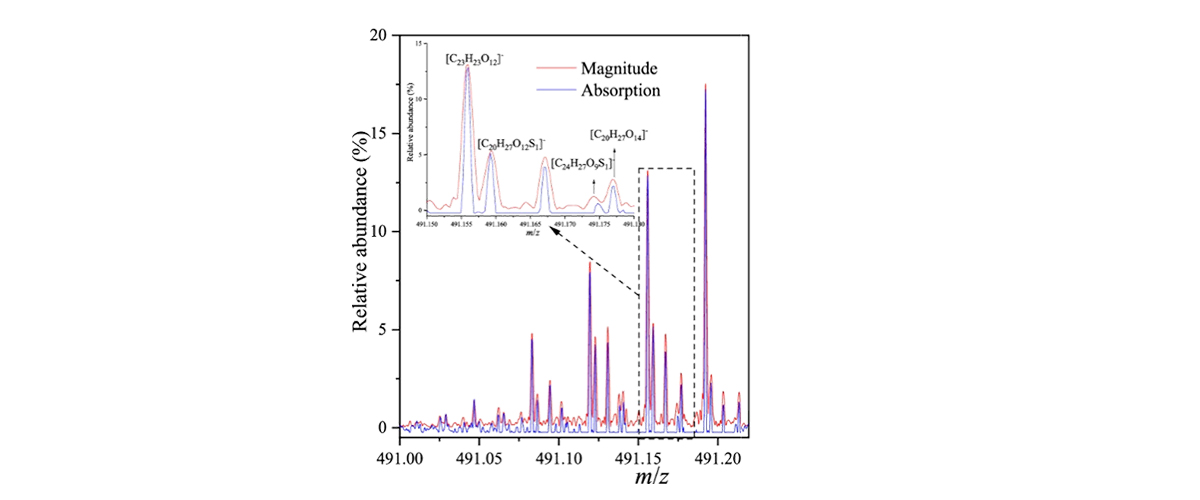
May 15, 2024
Combining new data with an existing MagLab dataset, researchers characterized the millions of unique chemicals found in our waterways, including both …
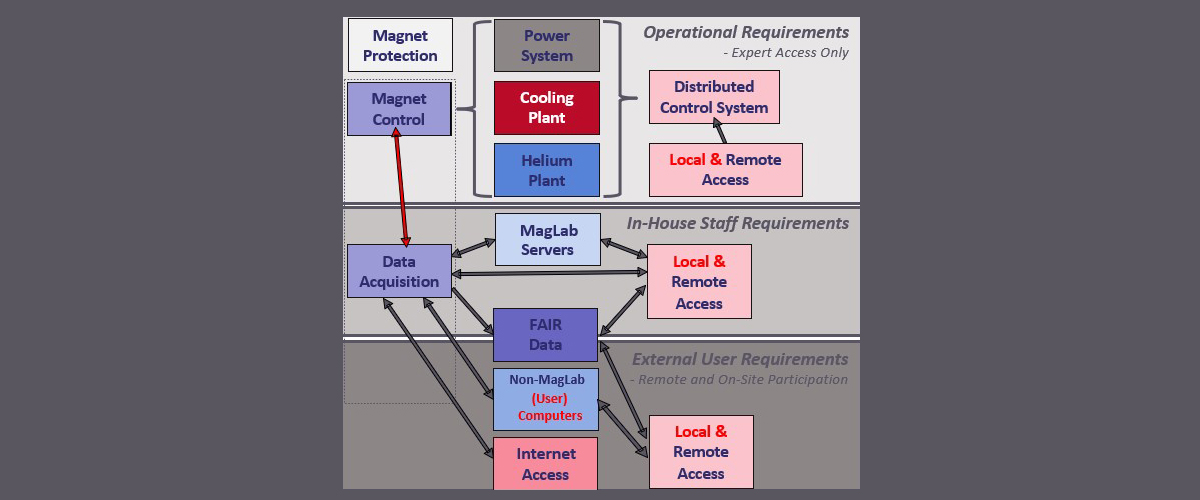
September 11, 2023
A specialized cybersecurity approach was developed to meet the needs of a user research facility.
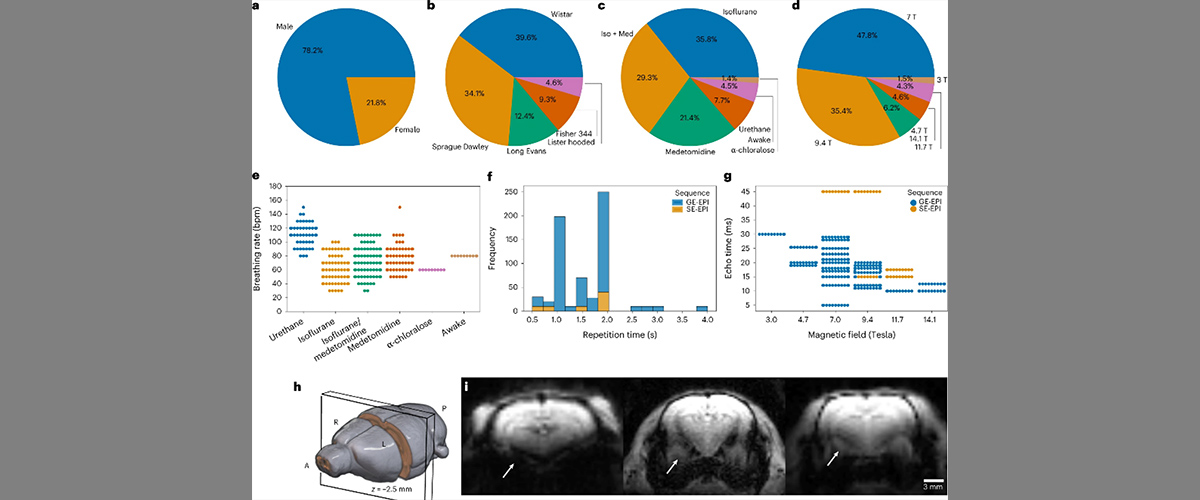
June 14, 2023
Datasets of rat brain imaging can be difficult to compare due to the different conditions used to collect them. The Advanced Magnetic Resonance Imagin…
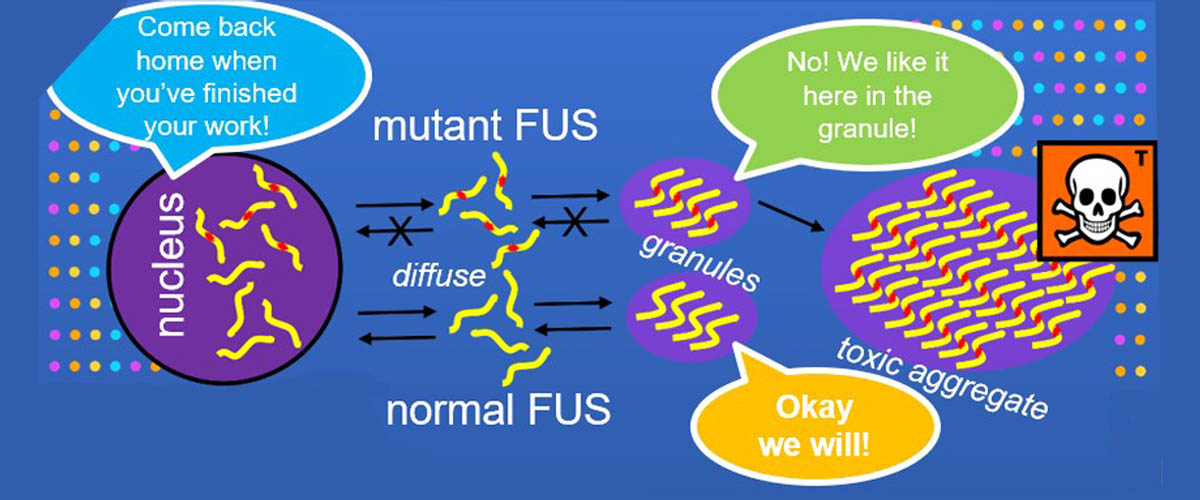
June 17, 2022
Evolutionary biologists reused FAIR data generated at the MagLab's NMR facility to model an RNA-binding protein in mammals dating back 160 million yea…
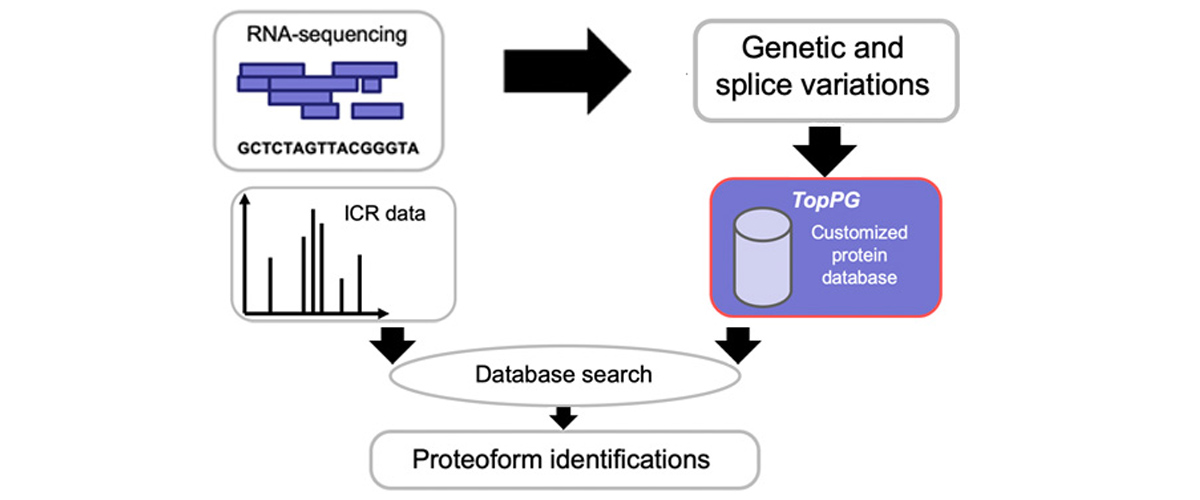
June 10, 2021
Reuse of the MagLab's Ion Cyclotron Resonance facility data improved understanding of protein fragmentation and aided the design and release of new al…